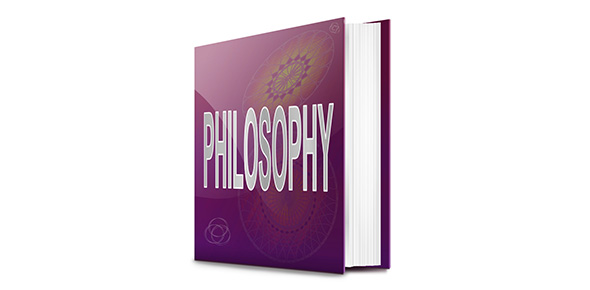Related Flashcards
Related Topics
Cards In This Set
| Front | Back |
|
What a Relativistic Attitude (Relativism):
|
Each individual or societies belief in their views/ethics/morals may be true only for that individual or society. Each belief would be true to the people who hold it and false for the people that rejected it. This idea is associated with SOPHISTS ex) Protagoras, opposed by PLATO
|
|
Hedonism:
|
The idea that pleasure is good. It is opposed by Plato because it supplies a relativistic point of view that a person approves a certain activity that gives pleasure.
|
|
Who were Sophists and what did they do?
|
They were a various and unorganized collection of teachers and thinkers. Traveled throughout Greece offering lectures and lessons in all subjects, including Philosophy. Were a threat to civic order and tradition.
|
|
What did Sophists preach?
|
They preached Moral and Epistemic Relativism.
EX) Relativism = _________ is relative to _________ . |
|
Moral relativism:
|
What is right is relative to person, group, culture etc.
|
|
Epistemic Relativism:
|
What is true is relative to individual
|
|
What did the Sophist Gorgias represent?
|
He offered to teach anyone at the right price. But he represented the idea that most sophists were self-seeking tricksters who believed in no objective values, used clever language to manipulate to their advantage.
|
|
What virtue does Plato argue is one of the most important?
|
Justice, it is the most important because it brings happiness in the just person, who is far happier than an unjust one. Same goes for society. This is explored in THE REPUBLIC!
|
|
Plato's Social philosophy was broken up into two main parts. What were they and describe them.
|
Truth is objective: some beliefs are objectively true and others are objectively false.
Justice in a person or a society is a kind of balance or harmony: special sort of balance, order and harmony among its components. |
|
What 3 desires (groups) does Plato divide to a just individuals soul or personality that result from fulfilling these desires?
|
1) The desire of reason for knowledge and orderliness
2) The desire of spirit (thymos) and self-defense. 3)Bodily appetites (sex) |
|
In a just political community, Plato divides harmony between 3 classes of people. Who are they?
|
1) The philosophers : Rulers
2) Military: to govern and control/protect 3)The Artisans and Farmers. |
|
What does reading one in The Republic show us? (Glaucon's Ring of Gyge's story.)
|
There is a ring that makes a person invincible. Glaucon thinks a man with such a ring would do unjust things.Overall idea: Fear of punishment is all that keeps us in line.
|
|
Reading two from the Republic derives what idea? (Thraymachus and the just man)
|
Overall Idea: The unjust man is never at peace with himself, the just man has inner harmony. This is a psychological argument for morality and is an illusion.
|
|
What is virtue?
|
Excellence of function of the soul or personality. They correct relations among the parts of oneself. (Related to harmony)
|




